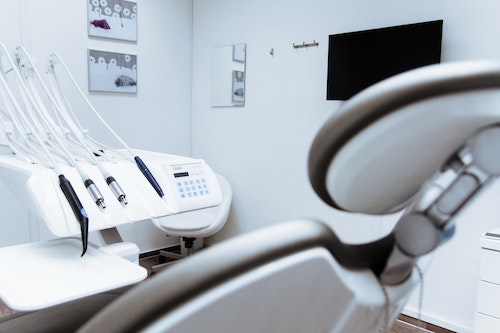European Health Systems: Preparedness and Response to Unforeseen Health Crises
The outbreak of the COVID-19 pandemic has brought significant challenges to the forefront of our global society, putting our health systems to the ultimate test. In Europe, the response of health professionals, policymakers, and concerned citizens to this unforeseen crisis has been a topic of intense scrutiny. Today, we take a closer look at the preparedness and response of European health systems, highlighting both the strengths and weaknesses that have emerged during this challenging time.
Introduction
The European health systems have long been admired for their robustness, comprehensive coverage, and high-quality care. However, the magnitude and speed of the COVID-19 outbreak have exposed vulnerabilities that call for a critical examination of their readiness and responsiveness to such crises. It is crucial to evaluate the successes and failures of these systems to strengthen their future preparedness.
Preparedness
Preparedness is the foundation on which health systems can respond effectively to an unforeseen health crisis. European health systems have been generally well-prepared due to their consistent investment in healthcare infrastructure, disease surveillance systems, and emergency response protocols.
One of the key strengths lies in the strong coordination and collaboration between European countries. Institutions such as the European Centre for Disease Prevention and Control (ECDC) have played an essential role in supporting member states by providing guidance, sharing information, and facilitating cooperation.
The European health systems have also demonstrated advanced technical capabilities. The rapid development and implementation of testing strategies, including contact tracing and mass testing campaigns, have helped monitor the spread of the virus and identify hotspots. Furthermore, the deployment of telemedicine and digital health tools has allowed for remote consultations, ensuring the continued provision of care for non-COVID-19 patients during lockdowns.
Response
As the pandemic rapidly evolved, European health systems faced unprecedented challenges. The response varied across countries, highlighting both success stories and areas for improvement.
Some countries, like Germany and Denmark, showcased their adaptability and resilience by quickly scaling up testing capacities, efficiently allocating resources, and implementing clear communication strategies. These proactive measures helped control the virus’s spread and mitigate the strain on healthcare services, allowing these nations to gradually ease restrictions.
However, other countries faced significant difficulties in their response. Italy and Spain, for instance, experienced overwhelming surges in cases, straining their hospitals’ capacity and exposing gaps in their healthcare systems. The lack of preparedness for such a large-scale crisis put health professionals at risk and led to avoidable loss of lives.
Lessons Learned and Future Directions
The COVID-19 pandemic has provided invaluable lessons for strengthening the preparedness and response of European health systems to similar future health crises.
Investment in healthcare infrastructure and the development of surge capacity are crucial. Adequate bed capacity, availability of medical supplies, and a well-trained workforce are all essential components for an effective response to any public health emergency.
Enhancing surveillance capabilities is another key area of improvement. Real-time monitoring systems and robust data sharing mechanisms between European countries can enable early detection and rapid response to outbreaks, preventing their further spread.
Policies should be revised to better support health professionals during crises. This includes ensuring sufficient access to personal protective equipment (PPE), prioritizing their mental health and well-being, and establishing mechanisms for efficient resource allocation and distribution.
Public communication and trust-building are fundamental to shaping successful responses in the face of a health crisis. Europe needs to refine its communication strategies, ensuring that accurate and timely information reaches citizens, allowing them to make well-informed decisions and comply with public health measures.
Finally, global cooperation and solidarity should remain at the forefront of future preparedness efforts. Data sharing, collaborative research, and knowledge exchange between countries are vital for a united response to global health crises.
Conclusion
The COVID-19 pandemic has exposed both strengths and weaknesses in the preparedness and response of European health systems. While the advanced healthcare infrastructure, strong coordination, and technical capabilities are commendable, gaps and shortcomings have also been evident. To strengthen future preparedness, European countries must invest in healthcare infrastructure, enhance disease surveillance mechanisms, support health professionals, improve public communication strategies, and foster global cooperation. Only through these collective efforts can European health systems effectively respond to unforeseen health crises and ensure the well-being of their citizens.



